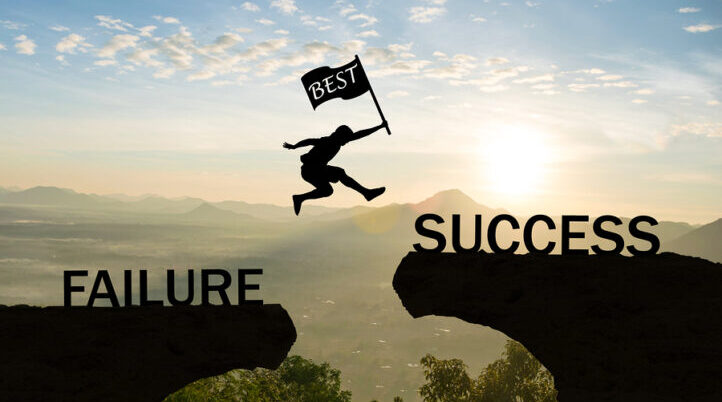It seems that every second news story is about how another business has gone bust. For SMEs, this can be terrifying but when you drill down into the statistics things aren’t necessarily as they seem. I have heard that four out of five small businesses fail in the first five years, but the facts simply don’t support this myth when you examine the numbers.
Business failure is real and something we should be very aware of…or is it?
Digging a little deeper gives us a very different picture
It turns out that in 2022, of the actual 305,085 businesses that exited that year, 298,831 turned over less than $2 million in revenues and 83 per cent of these turned over less than $200,000 in revenues. Once we exceed $2 million in revenue per annum our odds of exiting drops to two per cent. It is clear from this data that all business exits are not equal and as your business grows, your odds of survival year on year are actually very good.
There are a number of meanings we could attach to this data but the one I think is most useful is the one that says we can afford to be brave as an SME. The fear-mongering that has permeated our psyche through myths and legends of small business failure does not stack up when we look at the facts.
Thinking like this is liberating and can help us lean into fear of failure knowing that it is more likely to be a mechanism for learning and growing rather than disaster and destruction. Business and personal growth often come from reframing failure as an element of future success.
Working harder, not smarter
When you’re running a small business, there never seems to have enough hours in the day or days in the week. It’s endless, it’s relentless and it’s often not what you envisaged when you created or purchased your business.
In our efforts, to keep things going, it’s easy to become too busy to lead, and give more and more of yourself to make things work, instead of looking at ways to systemise and optimise the productivity of the business overall.
You need to create a culture that embraces identifying and addressing operational issues and challenges. Having mechanisms to bring issues to light and a systems-based solution to resolve them will provide a continuous-improvement environment. This allows you to put appropriate systems and rules in place to prevent the issue from happening again and continue to evolve your business systems.
Remember, you can afford to be brave as an SME, as the odds are actually stacked in your favour.
Business reliant on you, instead of your team
Creating a scalable business means having no individual elements of the business totally dependent on one person. You must let go of the fear of the unknown and work towards making yourself redundant from your business (seriously).
This requires you to rethink the organisational structure of your business, align it with your strategic direction and invest in the right team to help you get there. A balanced team, with the capability to achieve the aspiration of the business.
Having the entrepreneurial freedom to bravely explore, create and innovate, is critical for business growth. If we can be fearless knowing the myth of SME failure is not supported by the facts, we can bravely explore new possibilities by working smarter, not harder, building a team that allows us the space to tackle new frontiers and ultimately create our business by design.









